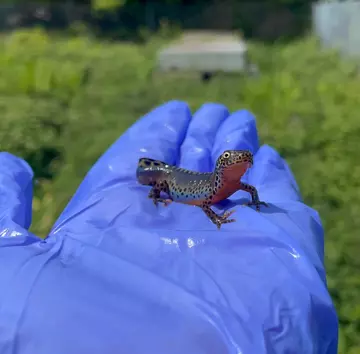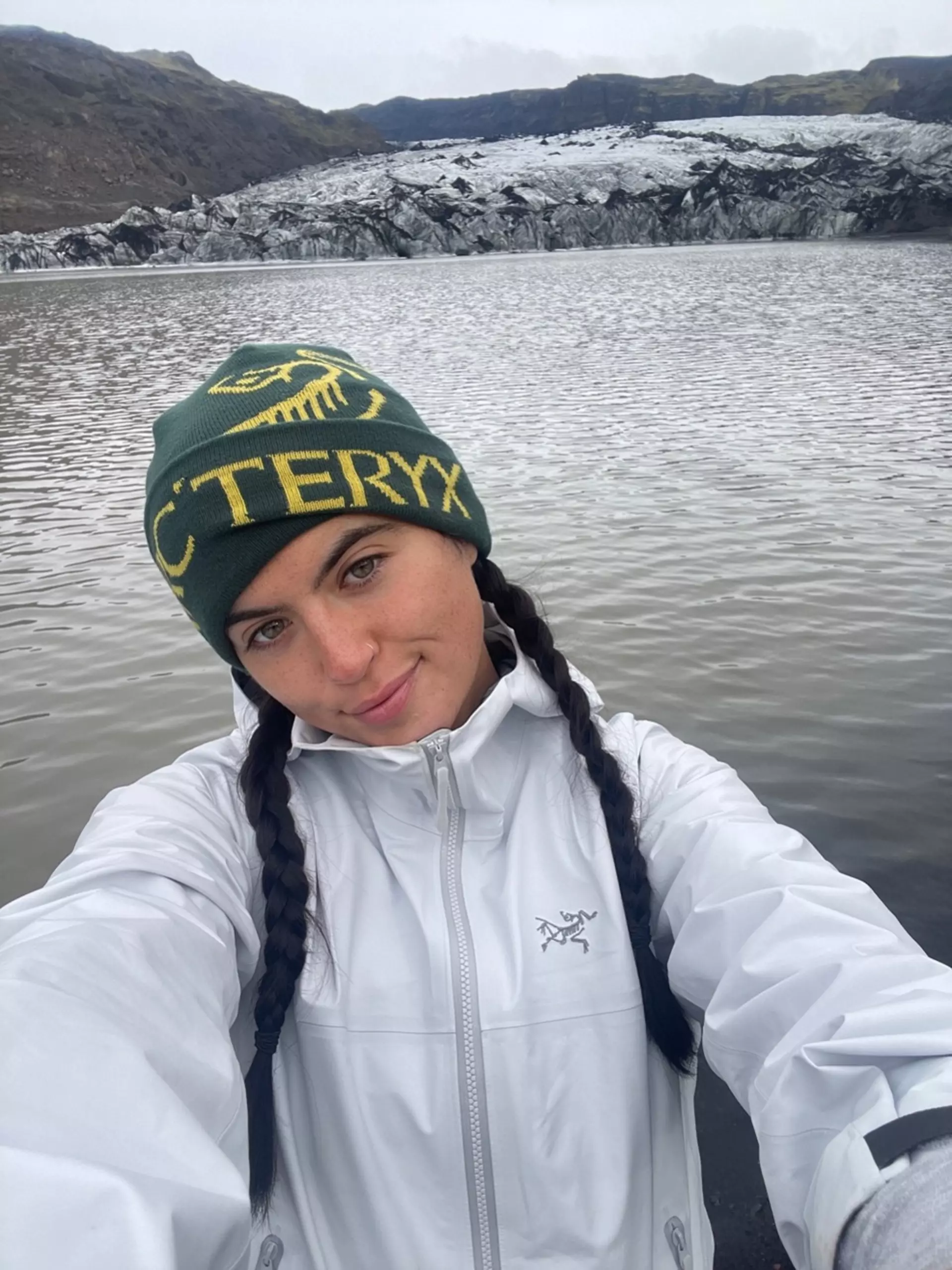
Genomics
Herpetology
Microbiome
Institute of Zoology
Zoological Society of London
London
NW1 4RY
Using genomics to understand the impact and spread of invasive species in the UK.
Invasive species are one of the leading causes of biodiversity loss worldwide, and the introduction and spread of these organisms worldwide is continuing to grow. In order to monitor and manage invasive species, and prevent future invasions, we must utilise emerging tools and techniques such as omics-based research. Genomic data can offer insight into the invasion history of a non-native organism, informing us of routes of invasion and mechanisms of spread. Tools such as metabolomics and metagenomics also allow us to understand how non-native species are interacting with their invaded environment and other organisms in it.
Rachel's research focuses on the non-native alpine newt Ichthyosaura alpestris, which was introduced to Great Britain in the 1920s, and has since achieved a widespread distribution. Using RADseq-derived SNP data and population genetics, Rachel has been able to infer how many times alpine newts have been introduced into the UK and how they have managed to disperse so extensively across the landscape.
Rachel's work also characterises the microbiome of alpine newts, both in the wild and in experimental settings, to understand what microbes are present on these non-native organisms and how they may facilitate invasion.

March-May 2021 - Research Assistant, Applied Proteomics Lab, Maynooth University
2019-2020 - MSc Immunology and Global Health, Maynooth University
2015-2019 - BA Zoology, Trinity College Dublin
